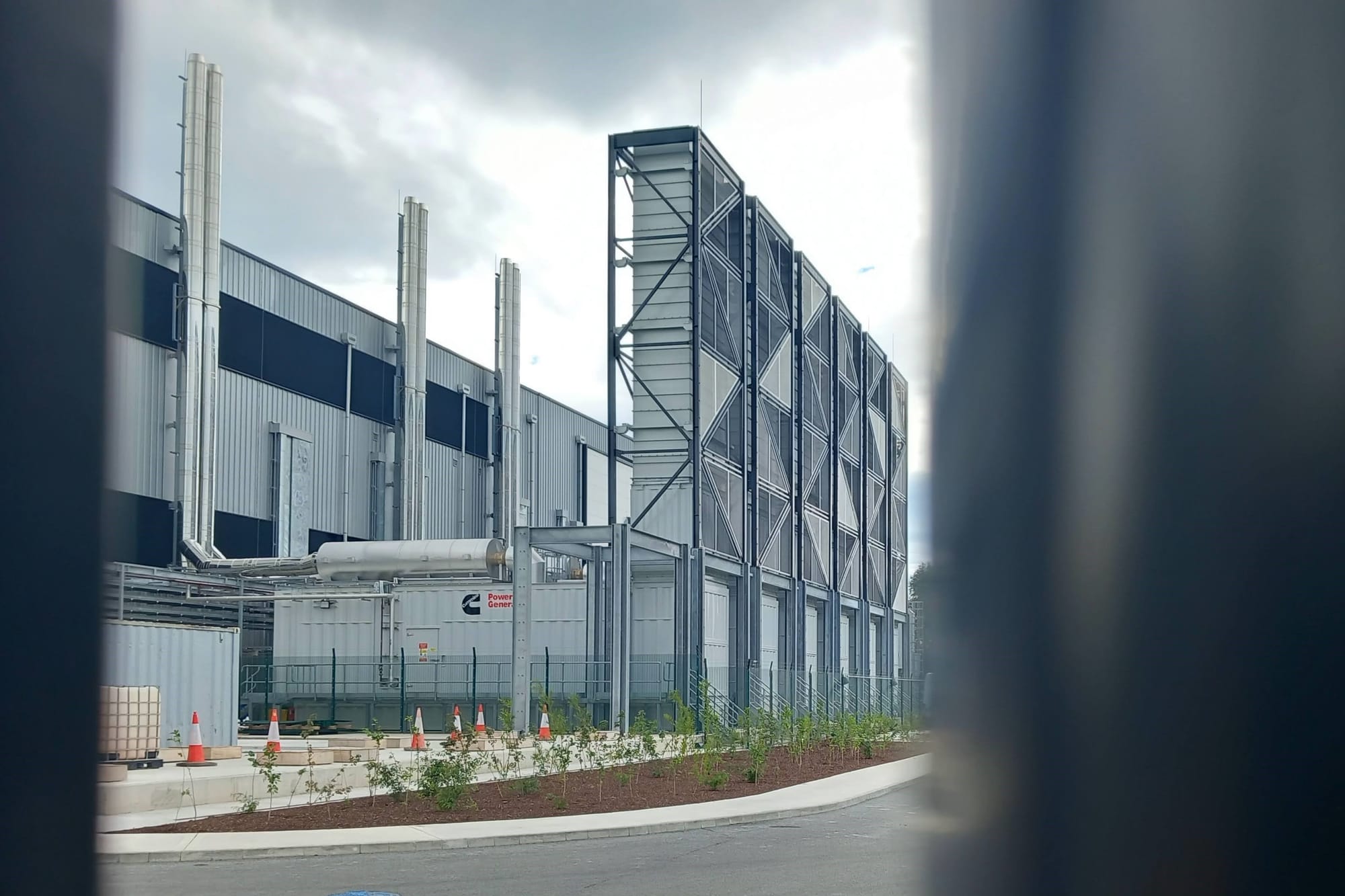What’s the best way to tell area residents about plans for a new asylum shelter nearby?
The government should tell communities directly about plans for new asylum shelters, some activists and politicians say.
These were two of the issues Dublin city councillors discussed at a recent meeting of their North Central Area Committee.

Councillors for the North Central Area welcomed the latest designs for 106 social homes on the site of an old bring centre and depot on Collins Avenue.
The homes in Whitehall are down to be built under a public-private-partnership (PPP), on one of five sites in “bundle four” of the PPP programme.
The plans are set to go before Dublin City Councillors for final approval at the December council meeting, under the planning process known as Part 8.
Still, it will be a while before families get keys. The council expects to start work on the homes in early 2026 and finish building them by the third quarter of 2027, said a presentation to councillors.
At a meeting of the North Central Area Committee on Monday, Glen Murray, a senior council engineer, said the 106 apartments would be spread over three blocks, ranging from three storeys to six storeys.
The homes are to be a mix of one-beds (49), two-beds (37) and three-beds (20), he said.
The development will also have public open space and play areas. Space for community and culture facilities will be split between the two main blocks, he said.
The buildings are to be finished in brick. “Attractive, robust, and low maintenance,” he said.
Councillors said they appreciated the level of public consultation that had happened around the plans.
Murray said council officials would continue to do that, as work on the project progresses.
Councillors for the North Central Area on Monday backed a motion calling on the council to commit to establish a new district heating system for Coolock.
“We do need to get things moving,” said independent Councillor John Lyons, who put forward the motion after local resident Aileen Malone asked why there wasn’t one planned.
Codema, Dublin’s energy agency, has said it is an area that could facilitate it.
Indeed, he looks around Clonshaugh Business Park and sees the data centres and then, over the road, the Oscar Traynor Woods housing development, he said.
Yet, Ireland lags other countries in efforts to decarbonise its heating sector, he said.
There have been several delays to the district heating system in Poolbeg, he says. “That seems to be the council’s one and only district heating proposal.”

Karen Kennedy, a council engineer working on district heating in the city, wrote in a response to Lyons’ motion that, “to establish if a district heating scheme would be viable, a full techno-economic feasibility study would be required”.
It would look at whether it was technically viable and whether it would compete with other low carbon heating alternatives, such as individual heat pumps, she said.
Retrofitting data centres with heat-recovery technology once they’ve already been built is often too costly to be worth it too, she said.
“On this basis, part of a feasibility study would need to establish if it is viable to recover heat at data centres that are already developed,” she said.
“For future data centres, which are in development or planning, early engagement with the developers is crucial to ensure that waste heat recovery is considered in the design,” she wrote.
Lyons said he would like to see that feasibility study done. Councillors agreed his motion.
Get our latest headlines in one of them, and recommendations for things to do in Dublin in the other.